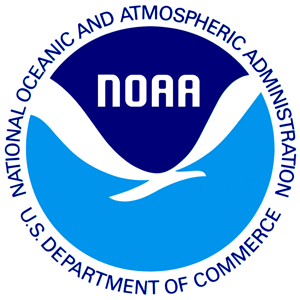Owen Hamel, Ph.D.
Background
Owen Hamel is the Integrated Fisheries Stock Assessment Lead. Since joining FRAM in 2002, Owen has led multiple stock assessments for West Coast groundfish, conducted research on a variety of projects to improve stock assessment, including on estimating life history parameters and on fish otolith ageing validation. Owen has also collaborated on other research topics, including research on Vibrio parahaemolyticus in oysters in Puget Sound. Owen is an affiliate faculty member at the UW School of Aquatic and Fisheries Sciences where he occasionally teaches courses on Applied Stock Assessment. Owen serves on the Pacific Fisheries Management Council's Scientific and Statistical Committee and co-chairs the US-Canada Pacific Hake Scientific Review Group.
Owen earned his Ph.D. from the Quantitative Ecology and Resource Management program at the University of Washington in 2001. His dissertation concerned the dynamics and effects of bacterial kidney disease (BKD) in Snake River spring Chinook salmon. Owen earned an M.S. in Applied Mathematics from the University of Washington and a B.A. in Mathematics (with a minor in Physics) from Brandeis University, and studied at L'Université des Sciences et Techniques du Languedoc in Montpellier, France.
Current Research
Owen is conducting research on approaches to estimating and modeling natural mortality in fisheries stock assessments, given various amounts of information and complexity. He also is involved in research estimating the increase in scientific uncertainty with the age of a stock assessment being used for management, in alternate measures of fishing intensity, and in bomb radiocarbon age validation of various rockfish species. The Integrated Fisheries Stock Assessment Team, which he supervises, is involved in a large number of varied research projects, including those looking a spatial structure in fish stocks, management strategy evaluations, and data limited assessment approaches and their application in locations across the globe, among other topics.
